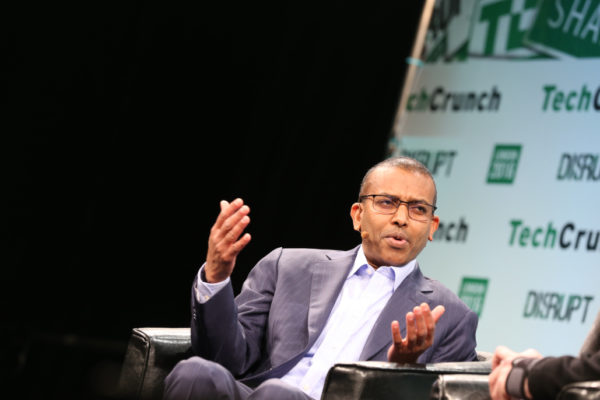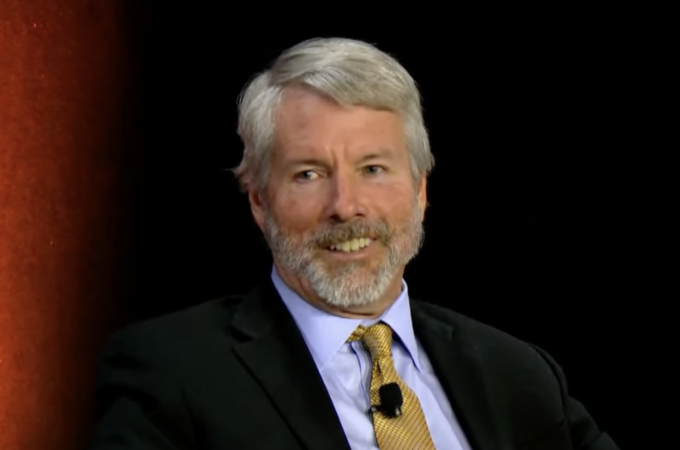
WorldRemit’s Ismail Ahmed thinks mobile money accounts are the future
By Romain Dillet for TechCrunch
WorldRemit founder and CEO Ismail Ahmed took the stage at TechCrunch Disrupt Londonto talk about his company and his views on the future of remittances.
While you might be more familiar with companies like Western Union, MasterCard and TransferWise, WorldRemit has become an essential service when it comes to sending money to developing countries, and helping the unbanked receive that money.
The company is worth $500 million and raised nearly $200 million in total. More importantly, the company manages hundreds of thousands of transactions every month. In particular, WorldRemit lets you send money to a mobile money account, and Ahmed was quite passionate about this topic.
“Most of the recipients are often unbanked. The reality is that we take for granted the access to financial services. But there are 2 billion people who are unbanked,” he said. “There are 411 million mobile money accounts, so we’re working with the telcos.”
You might know M-Pesa already, but there are hundreds of others that popped up filling the same need. “M-Pesa was the first one, but today you have 274 successful mobile money services. And there are another hundred that are being launched,” Ahmed said. “It’s happening all around the world. I think Africa started it but now it’s across Africa, Latin America and Asia.”
The main advantages are quite clear. Mobile money is instant, there’s no delay to settle transactions. You only need a mobile phone, you don’t have to worry about the relationships with the banks and the payment processing companies. “They don’t have to follow Visa’s or MasterCard’s rules,” Ahmed said.
But it’s not simply WorldRemit against finance giants. Before solutions like WorldRemit, many were simply using alternative remittance methods that are hard to track and often more expensive. So WorldRemit is also going because people are moving away from these informal networks.
In addition to that, migration has been growing drastically over the past decades. “There are 250 million living outside of their own country,” Ahmed said. “We often hear about people coming from North Africa to Europe, but the bulk of migration is between countries in the South.”
When TechCrunch’s Matthew Lynley asked about the sudden rise of nationalism in many developed countries, Ahmed used the same argument to justify that he doesn’t expect any drop in remittances. In other words, if mobile money wallets and migrations between developing countries keep growing, WorldRemit should be fine.
First appeared at TC




